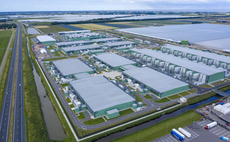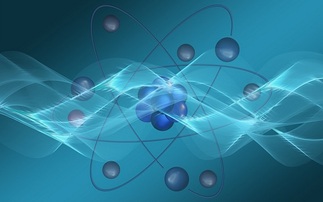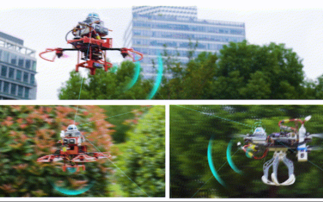WD claims MAMR hard disk drives will enable 40TB capacities by 2025 - if you're still using conventional disk drives by then
Western Digital has revealed what it claims is the world's first microwave-assisted magnetic recording (MAMR) hard-disk drive, and suggested that the disk-drives using the technology will be out du...
To continue reading this article...
Join Computing
- Unlimited access to real-time news, analysis and opinion from the technology industry
- Receive important and breaking news in our daily newsletter
- Be the first to hear about our events and awards programmes
- Join live member only interviews with IT leaders at the ‘IT Lounge’; your chance to ask your burning tech questions and have them answered
- Access to the Computing Delta hub providing market intelligence and research
- Receive our members-only newsletter with exclusive opinion pieces from senior IT Leaders




















